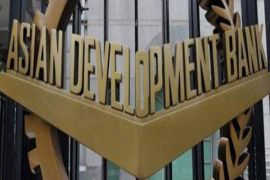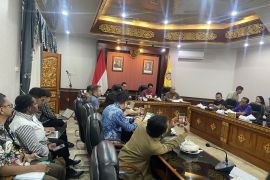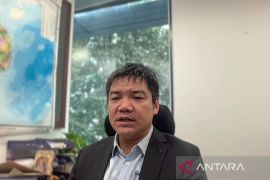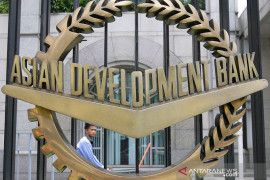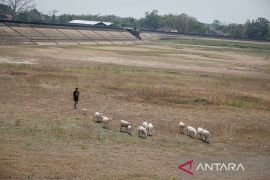"The upgrades along these vital routes will open up access to markets, investments, job opportunities and social services for many poor communities, which is essential for equitable development across the country," James Lynch, Manila-based ADB`s Director of Transport in Southeast Asia, said in a press statement on Friday .
The Asian Development Bank (ADB) will help Indonesia upgrade low-quality roads along key national routes to unlock growth, investment and livelihood opportunities in some of the country?s less developed, impoverished areas.
The targeted roads run through strategic and national transport corridors in four provinces, and include sections linking Indonesia to neighboring Malaysia.
Roads are the dominant mode of transport in Indonesia, but despite a doubling of the national roads budget over the past decade, demand for quality infrastructure far outstrips supply.
With many road networks in poor condition, plugging gaps and expanding transport facilities are central features of Indonesia?s drive to spread the benefits of its near-double-digit economic growth to all provinces and islands.
The upgrades will include parts of the national network in southern Java which are not yet complete, as well as roads in underdeveloped and remote districts in northern Kalimantan.
Links from Kalimantan to the border with Malaysia will be improved, supporting the Brunei Darussalam-Indonesia-Malaysia-Philippines East ASEAN Growth Area?s drive to develop two land-based transport corridors to boost regional connectivity, cut transport costs and spur growth.
Extensive consultations have been held with communities along the road networks over the past three years, and community inputs have been incorporated to improve project design and implementation.
"By improving existing roads, we?ll be able to minimize the project?s impact on communities and the environment," Lynch said.
"Designing the project in alignment with community needs will help ensure that the poorest and most isolated communities in Kalimantan and Java reap the benefits of this revitalized road network," he said.
The project will also include measures to improve road safety and to increase the capacity of national, provincial and district road agencies for transport sector planning and investment.
A program to combat HIV/AIDS and human trafficking will be developed and put in place in target areas.
ADB`s 25-year loan will finance approximately 400 kilometers of the project?s roads, while the Islamic Development Bank will fund the remaining 76 km with co-financing of $65 million equivalent.
The Government of Indonesia will contribute $135.5 million, for a total project cost of just over $380.5 million. The project is due to be completed by February 2016.
(Tx.F001/HAJM/O001)
Editor: Priyambodo RH
Copyright © ANTARA 2011

